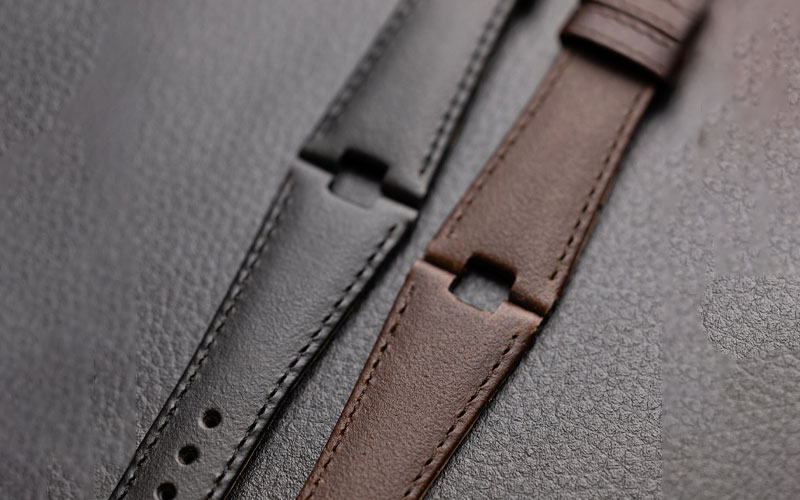Treekind is a uniquely sustainable, plastic-free biodegradable fabric made from leaf-based derivatives, which can give tough competition to leather. It is also non-toxic and PETA vegan certified.
Apr 1, 2024

Sappi North America Inc, a leading producer and supplier of diversified paper, packaging products and pulp, has entered into an innovative collaboration with Biophilica to launch Treekind, a plastic-free leather alternative, which is 100 percent biobased, home compostable (ISO 14855-1), non-toxic, and PETA vegan certified.
As per a statement issued by Sappi, Treekind is a uniquely sustainable, plastic-free and biodegradable fabric made from leaf-based derivatives inclusive of lignocellulosic biomass from urban parks, gardens and inedible agricultural feedstock. Its raw leaf materials can be sourced from any plant-based matter, which makes it species-agnostic.
Developed over five years, Treekind had been in the works before Biophilica was established in 2019. While currently in the process of becoming USDA certified as 100 percent biobased, its manufacturing process is as sustainable as the product itself, requiring less than 0.1 percent of water and having a low carbon footprint overall.
To help create an authentic leather-like feel to Treekind’s surface, Biophilica sought Sappi’s textured release papers. Through this strategic partnership, Sappi helped Biophilica establish Treekind as a standout opponent to natural leather products and other plastic-based vegan leathers due to its genuine feel.
Watch: Top Paper Companies 2023
Inclusion of plastic-containing coatings has dominated the vegan leather industry, limiting consumers with few fully sustainable choices and a material that often has a plastic-like touch inferior to the quality or feel of traditional leather. Treekind’s goal is to create a product that is available in mass to general consumers, is authentic in both look and feel, and curbs the environmental impact of other non-sustainable solutions.
During its development, Treekind was faced with the following issues: color fastness, a common issue for fabric and textiles; flex performance; difficulties with lamination and bonding; and nailing down the correct shade of specific colors, such as whites and blues. After years of tactical R&D and overcoming the challenges that accompany making a plastic-free alternative, Treekind was faced with solving the last piece of the puzzle – texture and authenticity.
For Treekind, creating a product that would resonate with brands and clients was highly dependent on creating an authentic, non-plastic-like feel. Touch dictates how we perceive the world around us and is one of the most important aspects in creating a first impression of a brand. It has the power to shift the brain into a deeper level of engagement, one more conducive to building lasting knowledge and connection. This is why getting the texture as close to the feel of genuine leather as possible was paramount for Treekind, and what ultimately led developers to Sappi’s textured release technology.
Partnering in 2022, Sappi stepped in as the world’s leading supplier of textured release papers to deliver a high-fidelity, 3D leather grain solution to Treekind’s texture and color processing challenges, through its Ultracast Viva release paper.
Also Read: UPM Takes Charge of World’s Biggest Single Line Pulp Mill from ANDRITZ
In addition to providing premium texture and performance, Ultracast Viva has allowed Treekind to achieve unmatched versatility to not only make sustainable goods accessible for mass production but also offer a plastic-free, high-end experience with a competitive edge.
Through its partnership with Sappi, Treekind’s innovative leather alternative has received an 85 percent uptick in positive feedback from brand partners such as ID Genève watches and international brands via Fashion for Good, among others, and prospects including sustainable luxury brands.
While Treekind currently uses Sappi’s leather grain textured release papers, Biophilica is also seeking to use Sappi’s other finishes and textures, including glossy and matt finishes, and varying grains, for a potential expansion in their premium line of goods that will also embrace the ethos of elevating sustainability with an authentic feel.
Nailing the sensory factor of touch and feel, especially for alternative goods, is just as important as its appearance and a key element in enabling consumers to connect with the product and brand. While appearance captures the attention of consumers, the touch and feel of a product as well as its performance to withstand natural wear and tear over time is what dictates its longevity and profitability on the market.



